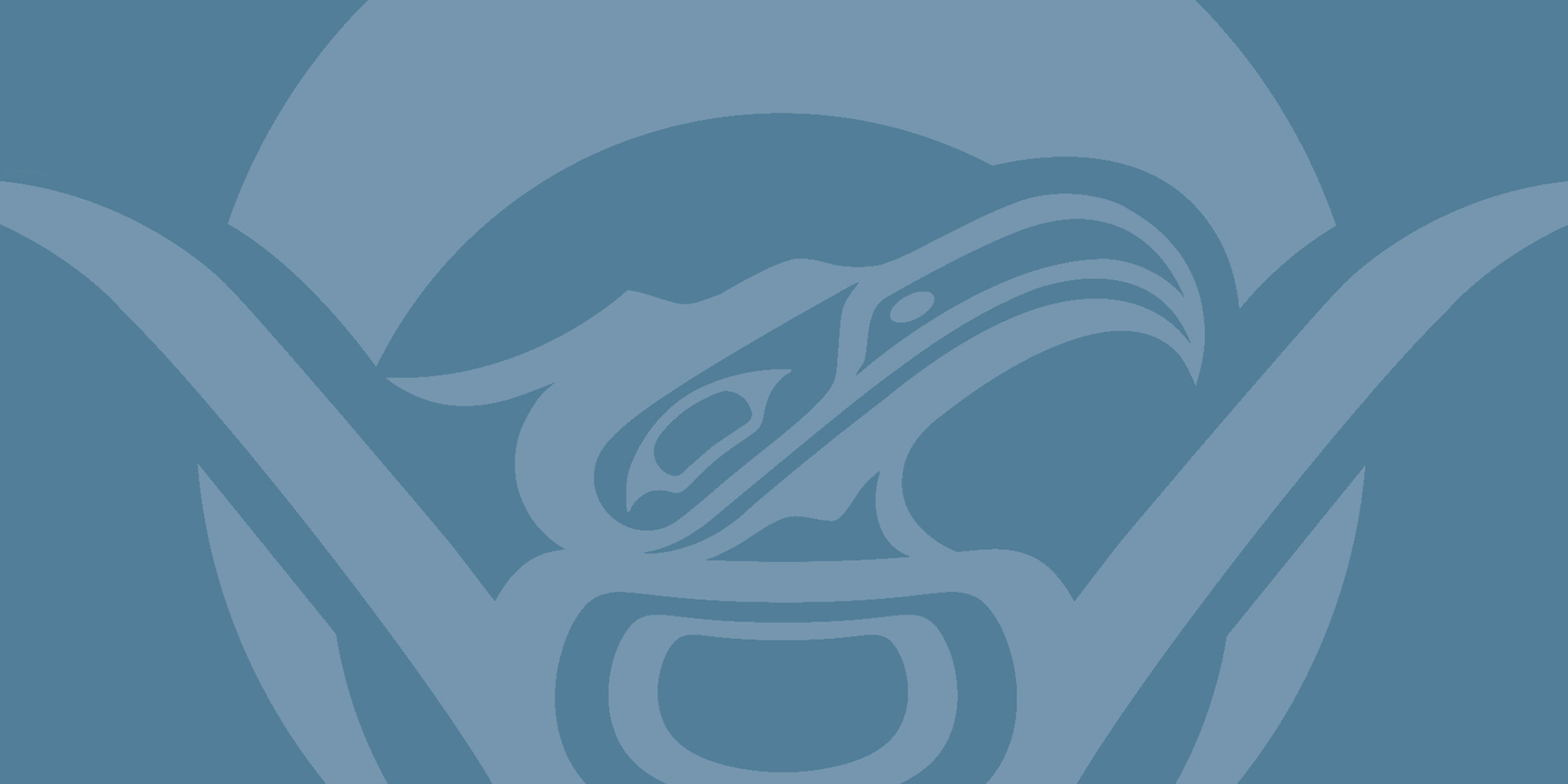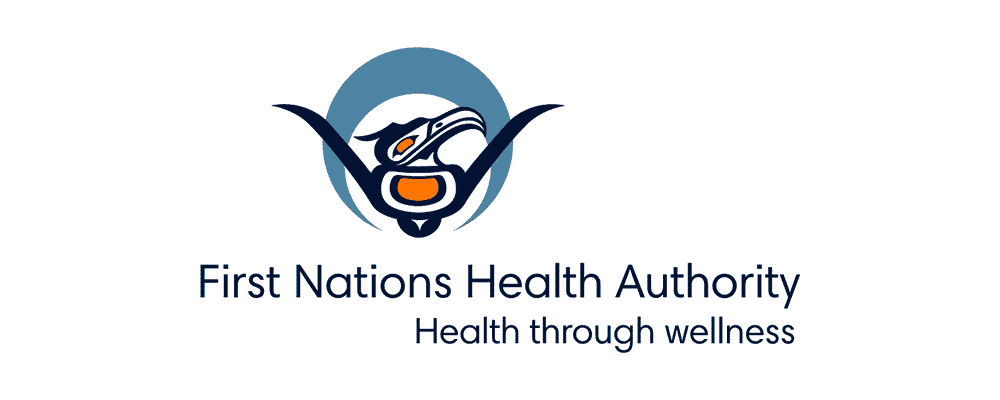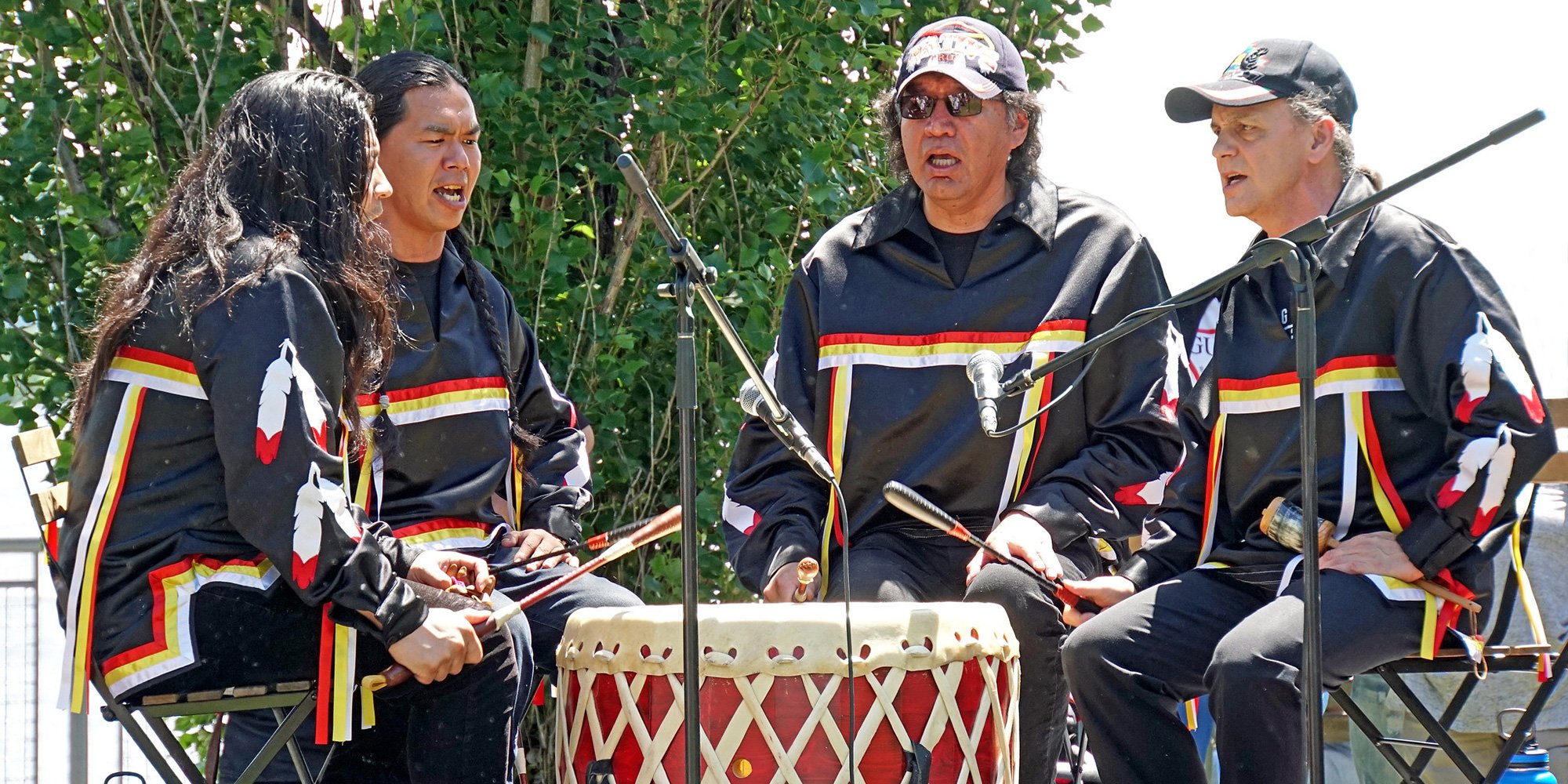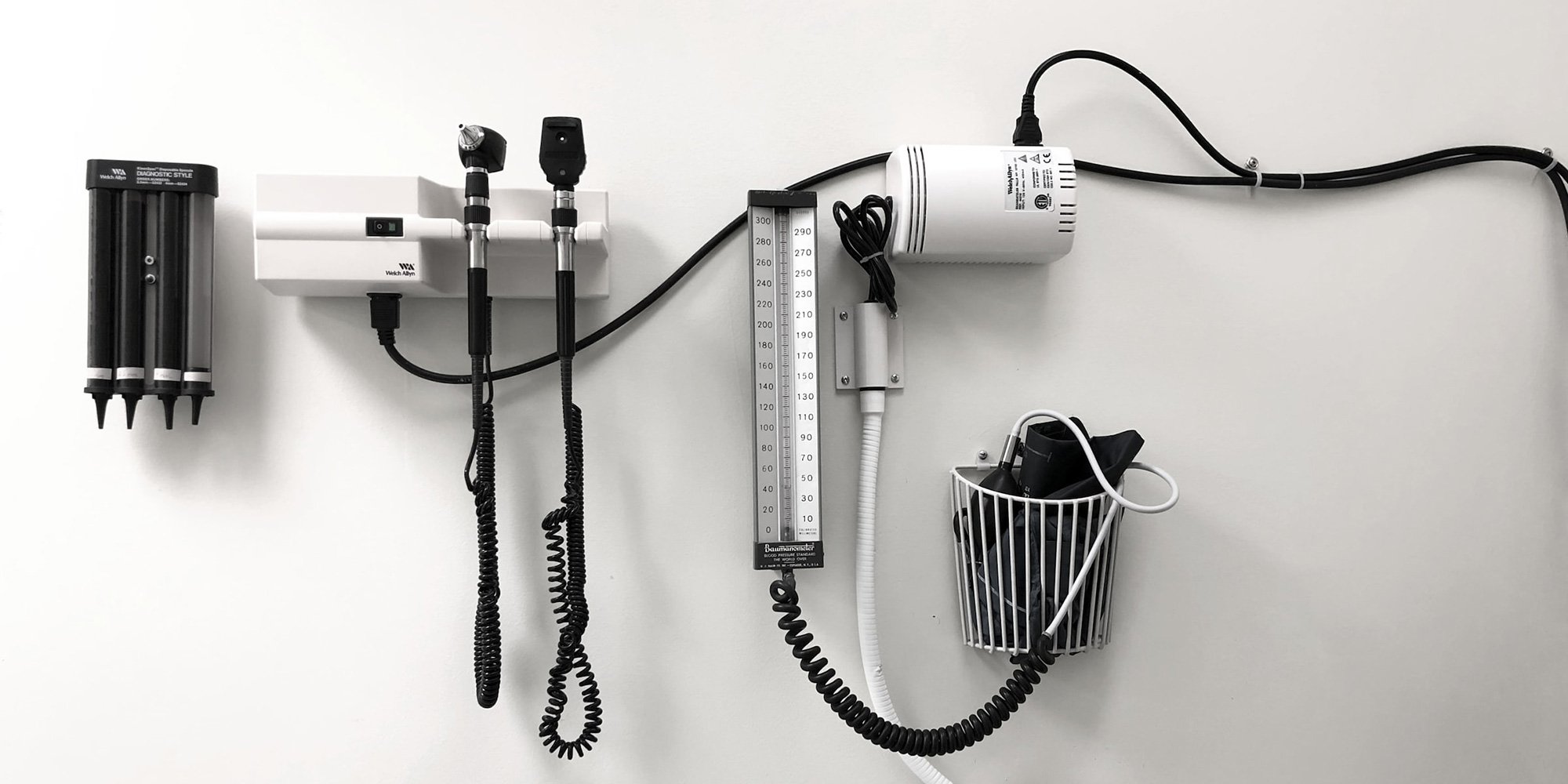First Nations Health Authority: A new era of First Nations health in BC
British Columbia First Nations are making history by undertaking a transformative process to change the way health care is delivered to their...
2 min read
Admin October 22, 2013

The First Nation Health Authority (FNHA) in BC has taken over control of all Health Canada health programs and services for the 203 First Nations in the province. The First Nations Health Authority will be responsible for planning, management, service delivery, and funding of health programs previously provided by Health Canada's First Nations Inuit Health Branch B.C. Region. A first in Canada, the Agreement sees the federal government hand over the annual budget of $377.8 million, while the BC government will contribute $83.5 million over nine years.
Grand Chief Doug Kelly, Chairman of First Nations Health Authority, made this statement:
The support of our Chiefs and leadership has been essential to moving forward with this historic decision to transform our health care - the First Nations Health Authority was built by B.C. First Nations for B.C. First Nations. Now is the time for B.C. First Nations to take our rightful place, determining our own health outcomes and what wellness means to us. I would like to commend our federal, provincial, health authority, and other partners on the collaborative work to date and we look forward to our service delivery role, bringing to life our vision of healthy, self-determining and vibrant B.C. First Nations children, families and communities.
Negotiations between the three levels of government - federal, provincial and First Nation leaders - began in 2006, with the final agreement signed in 2011. Originally, the transfer was slated for April 2013 but was delayed until October 2013. The Agreement is designed to be long-term but includes a provision that any party can opt-out if 18 months’ written notice is provided.
The Authority will not replace or duplicate the services provided by the BC Health Ministry and the existing six regional health authorities; all British Columbians will continue to receive health services from the established health authorities. The FNHA will work with regional health authorities to improve health outcomes for the approximately 150,000 First Nation people in the province by focusing on the prevention of chronic disease, combating chronic disease, infection and injuries, and promoting wellness programs relating to mental health, substance abuse, and maternal/child health programs. The FNHA plans to integrate First Nations culture, beliefs, values and health techniques in the design and delivery of its programs.
There are some immediate challenges that need to be overcome, one of the most pressing is the need for nursing staff. Of the estimated 230 Health Canada workers who received job offers to be part of the FNHA, only 130, plus 30 contract and part-time employees accepted the move. But, to put it in perspective, there are currently over 100 job openings for nurses of all categories in the Vancouver Island Health Authority region alone. As many First Nation communities are remote, that is an added challenge to attracting nurses.
There is obviously great pressure to succeed as this landmark transition could provide a valuable template for other First Nations. Kelly has said that there are incredible expectations that BC First Nations will have improved services, and health outcomes, as well as greater decision-making. “We feel the expectations, but it’s a very powerful motivator to get it done, to get it right, to learn from our mistakes, and to keep on growing.”
Featured photo: Unsplash

British Columbia First Nations are making history by undertaking a transformative process to change the way health care is delivered to their...

Every three years, the Assembly of First Nations holds an election for the Office of National Chief. This year the election will be on December 10,...

What is a culturally competent healthcare environment? It is an environment in which Indigenous people feel culturally safe... where they are treated...